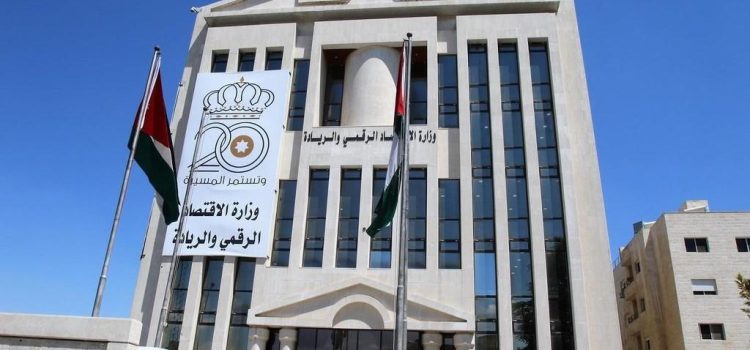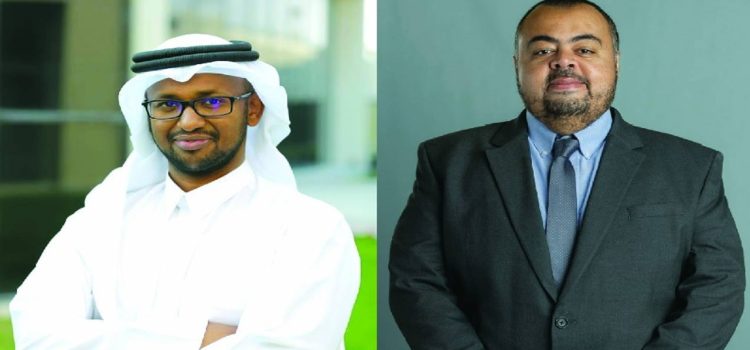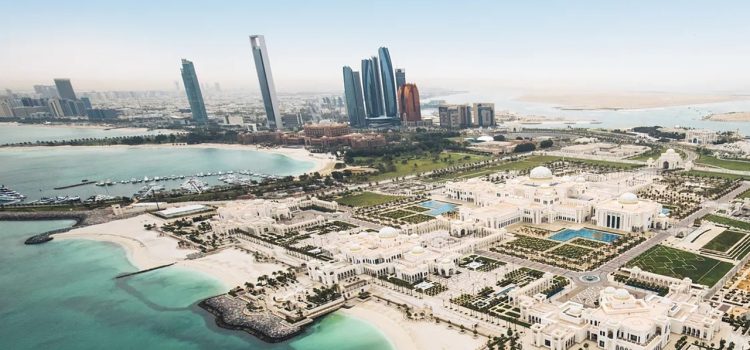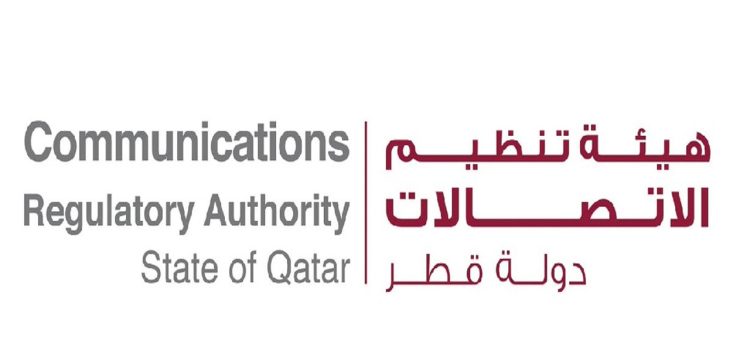Qatar’s National Blockchain Blueprint which was announced officially, is not much different from the National Blockchain Blueprint consultation paper that Qatar Communications Regulatory Authority published on its website back in August 2022. While the blueprint falls short of the aspirations of Qatar, on the ground things are moving forward.
The Qatar National Blockchain Blueprint is not clear on many aspects and lacks updated statistics and with a lot of out dated information that makes it look more like a research paper on blockchain rather than a national blueprint. Yet it does depict the interest and seriousness of Qatar towards Blockchain implementation.
One of the most important points that stand out in the National Blockchain Blueprint is the discussion on the development of a solid regulatory and legal framework which the paper reveals are essential for enabling the investment environment an creating a strong industry.
The Blueprint also mentions the government entities that need to be involved in the regulation of blockchain activity which include Qatar Central Bank (QCB), for cryptocurrencies and financial transactions as well as what the blueprint calls ICO offerings. Also on the roster of government entities that will be involved is the Ministry of Communications and Information Technology (MCIT) with its Innovation Center for blockchain technology; Ministry of Justice, for formalizing the legal framework, and the National Cybersecurity Agency, for data classification and cyber security.
Qatar’s Communications Regulatory Authority (CRA) issued the National Blockchain Blueprint developed by CRA in collaboration with Hamad Bin Khalifa University (HBKU) and Qatar University (QU).
Ali al-Suwaidi, Technical Affairs Department director at CRA, stated, “We are pleased to collaborate with HBKU and QU to issue the National Blockchain Blueprint for Qatar. Through the blueprint, we have set the most prominent opportunities that blockchain could bring to private and government sectors and outlined the necessities and incentives that must be provided by each sector for the technology adoption, which contributes to the development of emerging startups and pilot projects.”
He added: “I would like to invite all stakeholders to review the blueprint, so that we work together towards developing the Information and Communications Technology (ICT) sector, supporting local and foreign investments and a knowledge-based economy to support achieving the goals of Qatar National Vision 2030. I want to thank HBKU and QU for all their efforts and cooperation in developing the blueprint and we look forward to expanding our collaboration in the future.”
Dr. Ahmed Elmagarmid , executive director, Qatar Computing Research Institute (QCRI), HBKU, added, “We were delighted to work with the Communications Regulatory Authority and Qatar University on developing the National Blockchain Blueprint for Qatar”.
Qatar University College of Engineering dean Dr. Khalid Kamal Naji said, “We are proud to have contributed to the development of the National Blockchain Blueprint for Qatar, which is a crucial step towards realizing the country’s vision for a knowledge-based economy. Our collaboration with the Communications Regulatory Authority and Hamad Bin Khalifa University has allowed us to leverage our expertise in blockchain technology and promote its adoption across the public and private sectors.”
Sources in Qatar working closely with Qatar’s governmental entities told LaraontheBlock, “We are seeing a lot of movement happening in Qatar on the Blockchain front. Different Ministries across the country are all interested in implementing a national blockchain.”
Earlier this month, two blockchain announcements came out of Qatar demonstrating that the Gulf country is starting to utilize and grow DLT (Distributed Ledger Technologies) and Blockchain. The first is the piloting of digital signatures and certificates to be validated on Qatar’s national blockchain network and the second is the inclusion of DLT in Qatar’s Central Bank Fintech strategy.
At the beginning of 2023 during a Bloomberg TV interview at WEF Davos event, Mansoor Al Mahmoud, CEO, of Qatar Investment Authority, reaffirmed the fund’s interest in investing in Blockchain technology, more precisely any application using Blockchain.
Qatar’s sovereign wealth fund will use the current economic turmoil as an opportunity to rebalance its $450 billion portfolio. The Qatar Investment Authority is looking for opportunities in Europe, Asia and the US in sectors such as venture capital, fintech and sports except for crypto.
So while the National Blockchain blueprint announced today, may not be the best reflection of Qatar’s openness, interest and understanding of blockchain, on the ground things are moving in the right direction.













